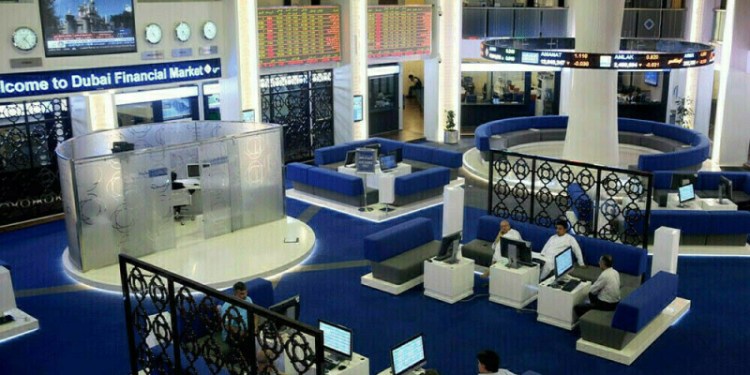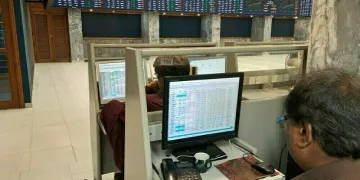© Reuters. FILE PHOTO: A representations of cryptocurrencies in this illustration taken, January 24, 2022. REUTERS/Dado Ruvic/Illustration/File Photo
By Amanda Cooper
LONDON (Reuters) -Investors poured the most cash into technology stocks since August in the week to Wednesday and doubled the amount they put into cryptocurrencies, according to a report on Friday from Bank of America Global Research.
Inflows into tech stocks, which include the so-called “Magnificent 7” largest companies by market value, such as Apple (NASDAQ:AAPL) and Nvidia (NASDAQ:NVDA), reached $4.7 billion, the most since August, putting flows on track for an annualised record of $98.8 billion, BofA said, citing EPFR data.
Crypto inflows rose to $2.4 billion in the latest week, from $1.2 billion the previous week, as investors rushed into exchange-traded funds, helping push bitcoin to within sight of record highs near $69,000.
Investors are growing increasingly confident that the U.S. Federal Reserve will have cut interest rates by the middle of the year, while the economy continues to show resilience, which has ignited a fresh wave of cash into higher-risk assets.
“Fed cuts are sparking ‘animal spirits’ and a push into riskier assets,” BofA said in the report.
Spot bitcoin exchange-traded funds have seen a swell of money flow in during the second half of February, which helped bitcoin secure its strongest monthly gain since December 2020 with a rise of 45%, and smaller crypto ether, its largest monthly rise since mid-2022, up 47% to near $3,500.
Investors put $6.21 billion into the 10 largest spot bitcoin ETFs in February, $4.18 billion in the second half of the month, according to LSEG data.
Emerging-market stocks, meanwhile, saw their first outflow since November, down $1 billion, driven by a $1.6 billion shift out of China-exposed funds, which was the biggest outflow since October, BofA said.
Chinese equities staged a recovery from five-year lows in February, thanks to a raft of stimulus measures from the government to shore up markets in the face of a struggling economy.
Source: Investing.com

























